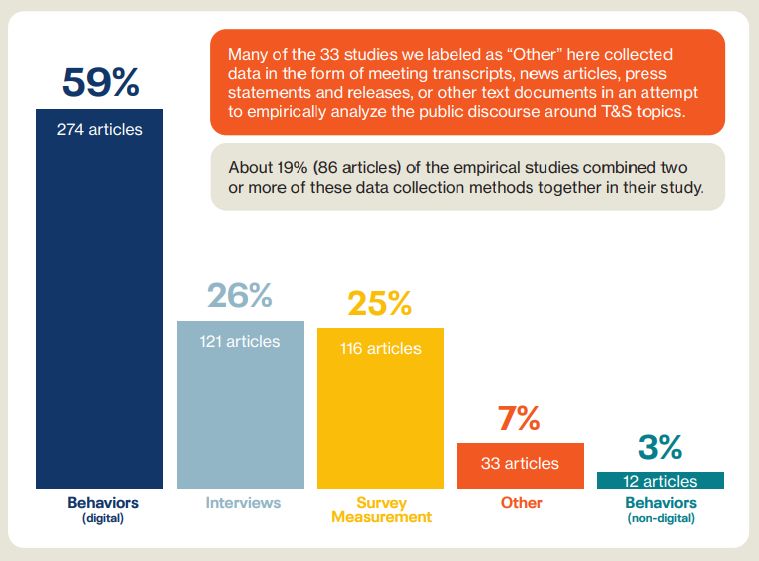
files-www.mis.mpg.de/mpi-typo3/So...

files-www.mis.mpg.de/mpi-typo3/So...
Kudos to authors and editors for a) pipelining to ecologically valid settings and b) publishing null results.
tinyurl.com/5dmjr8v9

Kudos to authors and editors for a) pipelining to ecologically valid settings and b) publishing null results.
tinyurl.com/5dmjr8v9
www.primeopenaccess.com/scholarly-ar...

www.primeopenaccess.com/scholarly-ar...

arxiv.org/html/2402.07...

arxiv.org/html/2402.07...
en.kfst.dk/media/5t4dsc...

en.kfst.dk/media/5t4dsc...
www.sciencedirect.com/science/arti...
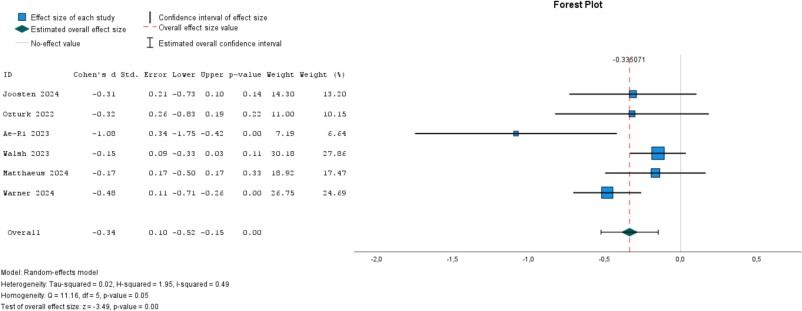
www.sciencedirect.com/science/arti...
toda.org/assets/files...
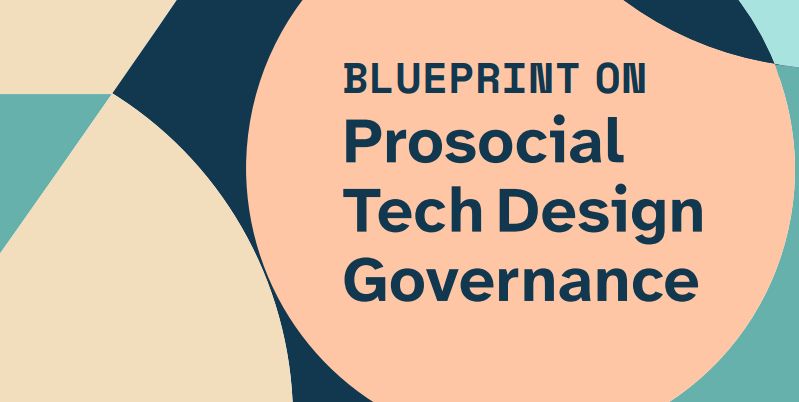
toda.org/assets/files...

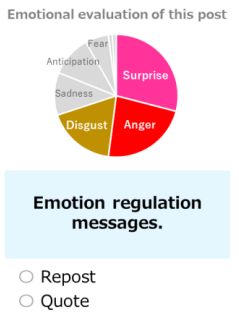
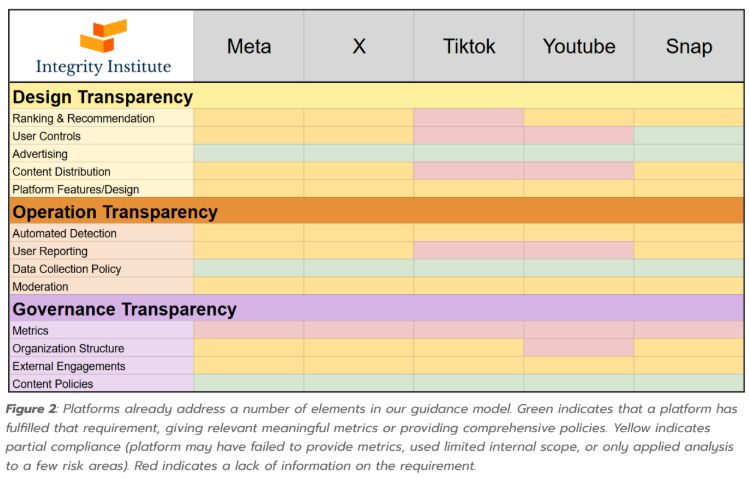





x.com/thinkaccurac...

x.com/thinkaccurac...


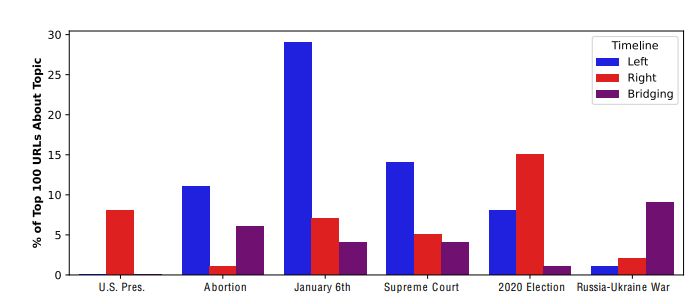
www.matthewdeverna.com/docs/publica...

www.matthewdeverna.com/docs/publica...



